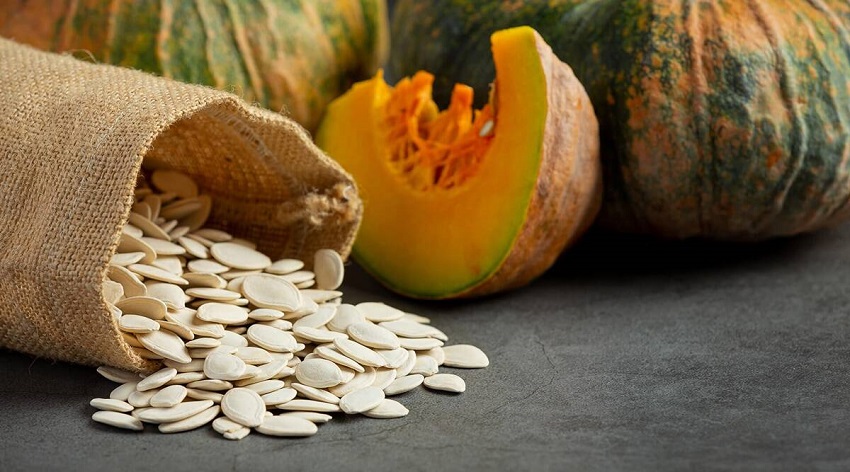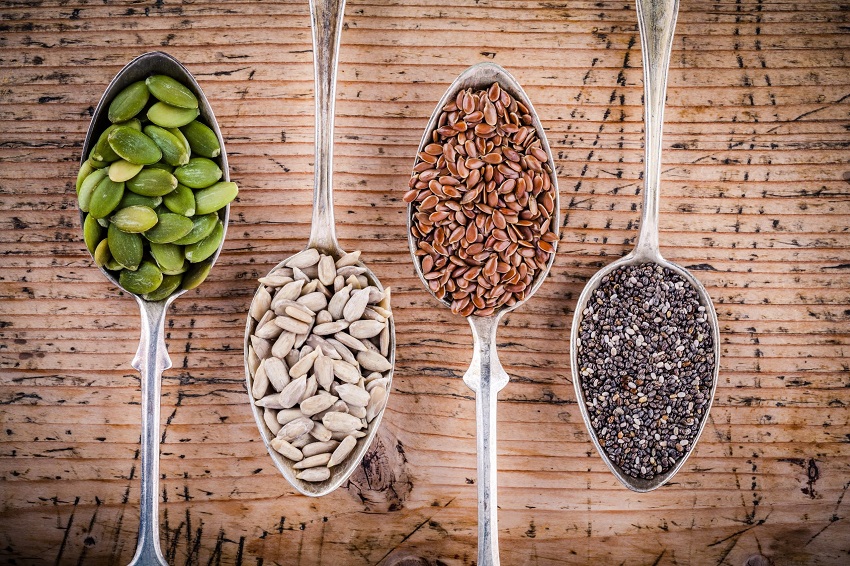In today’s health-conscious world, we are constantly bombarded with information about various superfoods and their benefits. One category of superfoods that has gained immense popularity is seeds. These tiny powerhouses are packed with essential nutrients, healthy fats, and antioxidants, making them a valuable addition to any diet. However, with so many seed options available, it can be challenging to determine which one is the best. In this comprehensive article, we will explore some of the most popular seeds and compare their health benefits, allowing you to make an informed decision for your overall well-being. This article is provided by fruitnfood.com
The Mighty Chia Seed
Chia seeds have gained widespread recognition as a nutritional powerhouse. Native to Central and South America, these small black or white seeds were once a staple in the diet of ancient Mayans and Aztecs. Today, chia seeds are celebrated for their impressive nutritional profile and numerous health benefits.
Chia seeds are an excellent source of omega-3 fatty acids, which are essential for heart health and brain function. They also boast high levels of fiber, promoting digestive health and aiding in weight management. Chia seeds are rich in calcium, contributing to strong bones and teeth, and iron, vital for oxygen transport throughout the body.
One of the remarkable properties of chia seeds is their ability to absorb liquid, forming a gel-like substance. This property makes them an excellent addition to smoothies, puddings, and baked goods, enhancing texture and providing a feeling of fullness. Explore the canary seed benefits.
The Versatile Flaxseed
Flaxseeds, also known as linseeds, have been consumed for thousands of years for their remarkable health benefits. These small, brown or golden seeds are an excellent source of alpha-linolenic acid (ALA), a type of omega-3 fatty acid.
The ALA content in flaxseeds makes them beneficial for heart health, reducing inflammation, and supporting brain function. Flaxseeds are also rich in lignans, which act as antioxidants and may have anti-cancer properties.
To unlock the full potential of flaxseeds, it is recommended to grind them before consumption, as the hard outer shell may limit nutrient absorption. Adding ground flaxseeds to smoothies, yogurt, or oatmeal is a great way to incorporate them into your diet.
The Protein-Packed Hemp Seed
Hemp seeds, often referred to as hemp hearts, come from the hemp plant and have gained popularity as a protein-rich superfood. These soft, nutty-tasting seeds are a complete source of protein, containing all nine essential amino acids that the body cannot produce on its own.
Hemp seeds are an excellent plant-based protein option, making them particularly valuable for vegans and vegetarians. They also contain a healthy balance of omega-3 and omega-6 fatty acids, contributing to heart health and reducing inflammation.
Additionally, hemp seeds are rich in gamma-linolenic acid (GLA), which may help alleviate symptoms of certain skin conditions, such as eczema.
The Nutty Wonder – Pumpkin Seeds
Pumpkin seeds, also known as pepitas, are the edible seeds of pumpkins and have been consumed for generations in various cultures. These flat, oval seeds are a great source of healthy fats, including monounsaturated and polyunsaturated fats.
Pumpkin seeds are particularly rich in zinc, an essential mineral that plays a crucial role in immune function and skin health. They are also packed with magnesium, supporting muscle and nerve function, as well as bone health.
Snacking on roasted pumpkin seeds or adding them to salads and soups can be an easy way to enjoy their health benefits.
The Tiny Powerhouse – Sesame Seeds
Sesame seeds have been a part of traditional medicine and culinary practices in various cultures for centuries. These small, flat seeds come in various colors, including white, black, and brown.
Sesame seeds are a rich source of copper, contributing to antioxidant defenses and iron absorption. They also contain sesamin, a unique compound that may have cholesterol-lowering effects and support liver health.
Tahini, a paste made from ground sesame seeds, is a popular ingredient in Mediterranean and Middle Eastern cuisines and is a delightful way to incorporate sesame seeds into your diet.
Conclusion
Seeds are a diverse group of superfoods that offer a wide range of health benefits. Whether you choose chia seeds for their omega-3 content, flaxseeds for their lignans, hemp seeds for their complete protein profile, pumpkin seeds for their zinc, or sesame seeds for their unique compounds, incorporating these nutritious seeds into your diet can significantly enhance your overall well-being.
Remember, a healthy diet is a balanced one, and while seeds provide essential nutrients, they should complement a variety of other whole foods. Additionally, if you have any specific health concerns or allergies, it is advisable to consult with a healthcare professional or registered dietitian before making significant changes to your diet.
So, why wait? Take advantage of the diverse health benefits of seeds and start incorporating them into your meals today!
